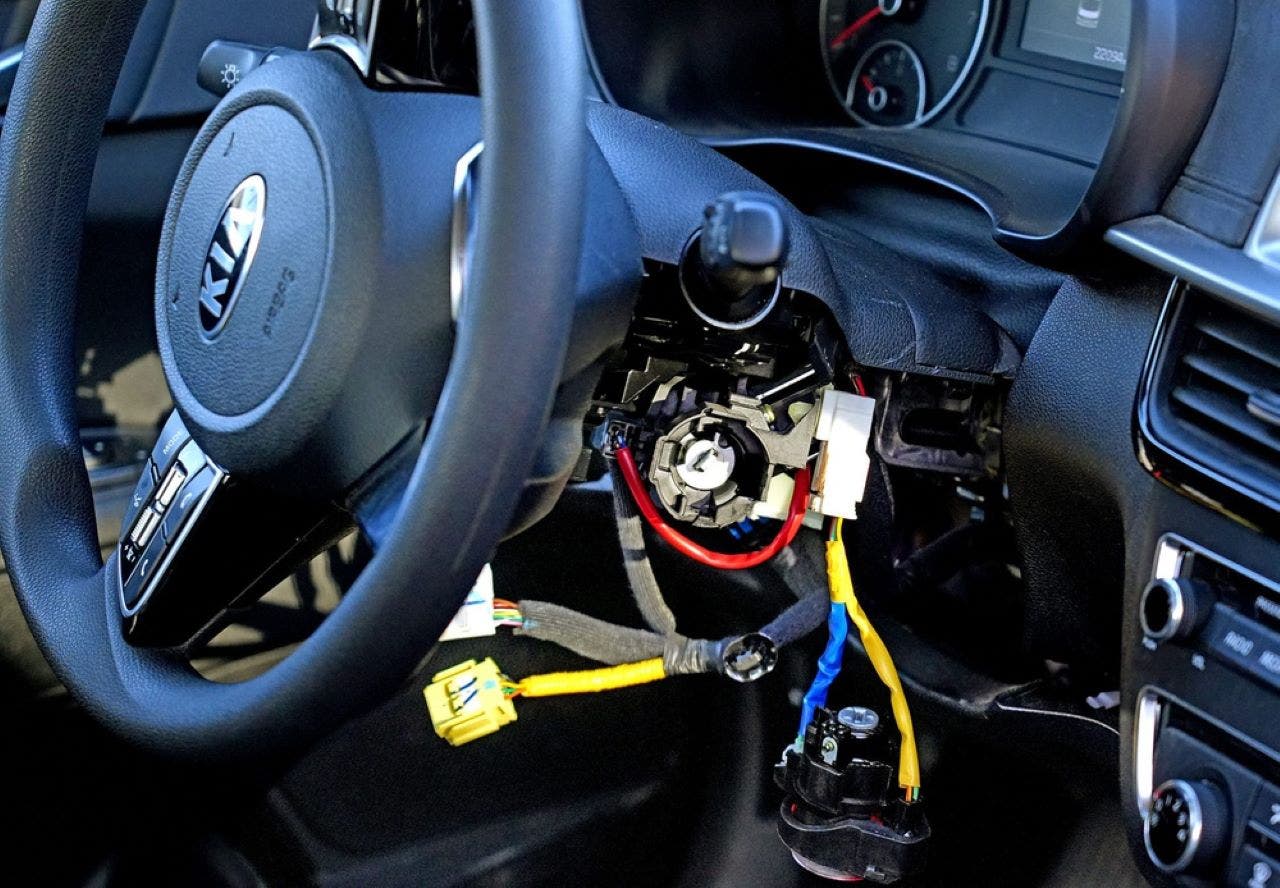Finance
TikTok, social media fuel ‘performance crime’

The rise of a phenomenon known as “performance crime” attributed to viral videos on TikTok and other social platforms is driving a rise in vehicle thefts and posing new challenges for content moderators.
Performance crime is a phrase that is now applied to criminal acts that perpetrators record and share on social media platforms. Sometimes, the presence of these videos on social media platforms has led to copycats carrying out crimes based on what they’ve seen.
A pair of affiliated automakers, Hyundai and Kia, have had tens of thousands of their vehicles targeted for theft due to videos posted on social media platforms that exposed vulnerabilities in certain car models that lack engine immobilizers, which prevent the car from starting without a key. The car theft videos came to be known as the “Kia Challenge” and began in 2022 when videos uploaded to TikTok, YouTube and other social media platforms showed would-be car thieves how to start certain Kia and Hyundai vehicles using a USB cable instead of a key.
KIA, HYUNDAI SETTLE $200M CLASS-ACTION LAWSUIT OVER TIKTOK CHALLENGE THEFTS
Earlier this year, the National Highway Traffic Safety Administration (NHTSA) worked with the two carmakers to develop a theft deterrent through a software update that requires the use of the key to turn the vehicle on. NHTSA noted in its mid-February announcement that the wave of thefts had taken a human toll when it wrote, “The effort is in response to a TikTok social media challenge that has spread nationwide and has resulted in at least 14 reported crashes and eight fatalities.”
Hyundai and Kia announced last week that they settled a $200 million class-action lawsuit filed by consumers who were harmed by the wave of car thefts. The companies are providing a free security software update for certain vehicles and owners of non-compatible cars get $300 to buy aftermarket security equipment. Additionally, the settlement provides payments up to $6,125 to cover the loss of stolen vehicles and up to $3,375 for damage to the vehicle and personal property, plus reimbursement for other expenses.
TIKTOK SUES MONTANA FOR OUTRIGHT BAN OF APP IN-STATE

While the car companies and social media platforms have worked to remove those videos, a “whack-a-mole” dynamic has emerged as new videos are posted and constant moderation using both humans and artificial intelligence has been necessary to stop their spread.
TikTok has faced mounting scrutiny over the last year due to security concerns that stem from the relationship between its China-based parent company, ByteDance, and the Chinese government. Scrutiny of TikTok, which boasts more than 1 billion active users, is likely to intensify as awareness of the challenges posed by performance crimes grows.
NEW JERSEY TEEN HOSPITALIZED AFTER TIKTOK BENADRYL CHALLENGE: REPORT

TikTok’s most recent report on community guidelines enforcement actions taken from October to December 2022 included data on videos removed for violating its policies on “dangerous acts and challenges” – which accounted for 5% of all videos taken down from the platform. The total number of videos removed in that period was more than 85.6 million, of which more than 46.8 million were taken down using automation and about nearly 5.5 million were restored.
Of the removed videos in the dangerous acts and challenges category, 82.2% were removed within 24 hours while 70.5% were removed before they received any views – illustrating the challenges in catching improper content before it gains exposure. TikTok’s report said that 96% of the videos in the dangerous acts and challenges category that were removed were taken down “proactively” before a report had been received by moderators.
TikTok has pushed back on assertions that dangerous challenges like the “Kia challenge” were widely distributed on the platform. TikTok spokesperson Ben Rathe told FOX Business, “We take our responsibility to keep our community safe seriously, which is why we strictly prohibit and remove dangerous behavior. There is no evidence any of these challenges ever ‘trended’ on TikTok, and there is a clear, documented history that many challenges falsely associated with TikTok pre-date the platform entirely.”
“We do not permit users to share content depicting, promoting, normalizing or glorifying dangerous acts that may lead to serious injury or death,” TikTok’s community guidelines state. “We also do not allow content which promotes or endorses collective participation in dangerous or harmful activities that violate any aspect of our Community Guidelines.”
TikTok defines dangerous acts or behavior “as activities conducted in a non-professional context or without the necessary skills and safety precautions that may lead to serious injury or death for the user or the public. This includes amateur stunts or dangerous challenges.”
FOX Business’ Audrey Conklin and Gary Gastelu and the Associated Press contributed to this report.
Read the full article here


















